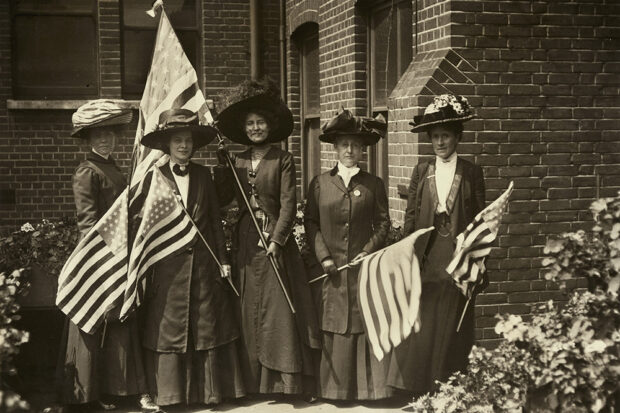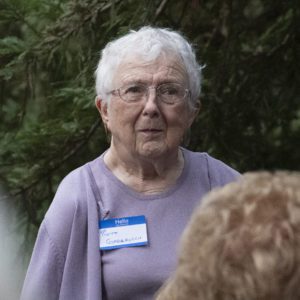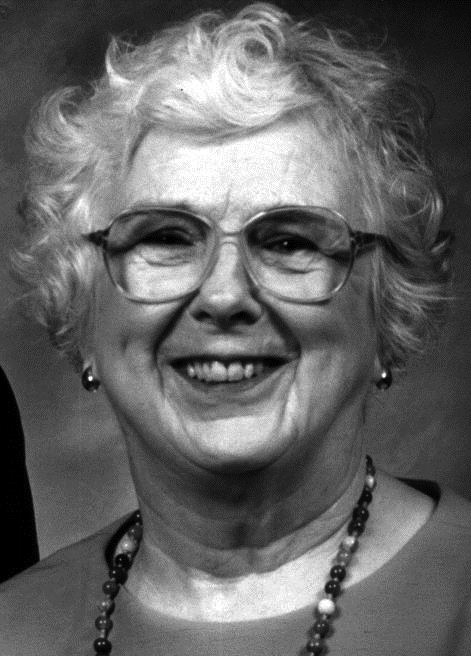


The need for a Black History Month (February) and likewise a Women’s History Month (March) is not that we forget, but that all too often the stories of these groups are unknown, having been ignored in most accounts of this nation’s history.
Fortunately, there is now a wonderful museum in our nation’s capital recognizing the African American population’s story. Not so for women except that the African American Museum is generously sharing a portion of its space with those continuing to work to develop a women’s history museum.
Congress has appropriated money for other museums, but neither money nor the desired last piece of land on the Mall was ever approved for a women’s museum.
In the more than a century since women were successful in the long difficult struggle for the vote, all manner of proposals have been enacted to limit our ability to control our own bodies, hence the renewed effort to pass the Equal Rights Amendment.
We stand on the shoulders of thousands of women and supportive men who fought long and hard to reach this point. We owe them no less than continuing to make their dreams come true regarding the rights of women. In this Women’s History Month, let us highlight some elements of the fight for women’s equality.
Unlike the husband of Elizabeth Cady Stanton, who, realizing his wife was serious about that Seneca Falls, N.Y., women’s vote campaign kickoff, skipped town, Harry Burn, at his mother’s urging, cast the deciding vote in the Tennessee legislature to ratify the proposed 19th Amendment.
After the group gained access to the church that the minister had “forgotten” to unlock, the husband of Lucretia Mott presided over that first meeting.
Of the 300 in attendance, only teenage Charlotte Woodward would live to see the success of the movement that began in July 1848—the passage of the 19th Amendment to the U.S. Constitution in 1920.
Then as now, race often became an issue to be overcome. Susan B. Anthony, a Quaker we most associate with the suffragist movement, was to bring her abolitionist and temperance interests to the movement later.
The 19th Amendment is often called the Anthony Amendment because it contains words written by her but defeated by Congress in 1872. It was Harriet Butler Laidlaw of the National American Woman Suffrage Association who reminded us, “In so far as women are like men, they ought to have the same rights, in so far as they are different they must represent themselves.”
It should be noted that “male” first showed up in the U.S. Constitution in the 14th Amendment freeing the slaves, followed by the 15th giving Black men but not women the vote.
It was in 1923 that Alice Paul first wrote the words of the still awaited Equal Rights Amendment. Earlier, her efforts organizing White House pickets earned her a 37-day stay in a hospital for the insane.
President Woodrow Wilson offered his support for the vote for women only when he needed their help in the war effort. The women had insisted, “If we can send our sons in battle for the rights of foreigners to self rule, the women should have the same rights at home. Aren’t American women as good as French men?”
In the years since Abigail Adams wrote husband John begging that women not be forgotten there has been progress, but we dare not forget the price paid for that progress, or how far there is to go. It isn’t just those who sacrificed and fought for the vote but those who continue to work so furiously for each of us to control our own body, to manage our reproductive life without interference from outside forces.
The people for whom we cast our precious votes on March 5 will influence history for better or worse. Which will it be? What will history tell us next March?

